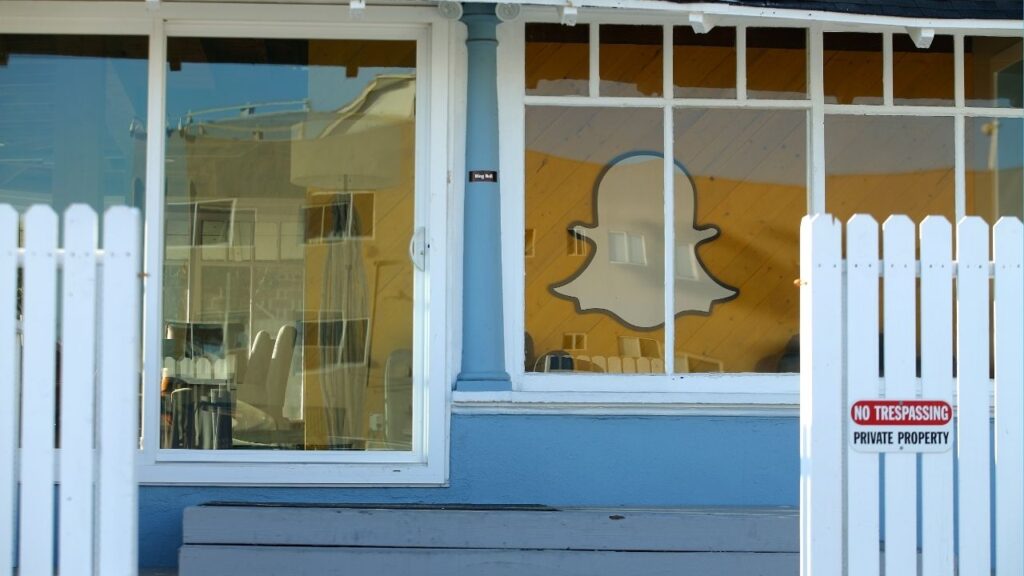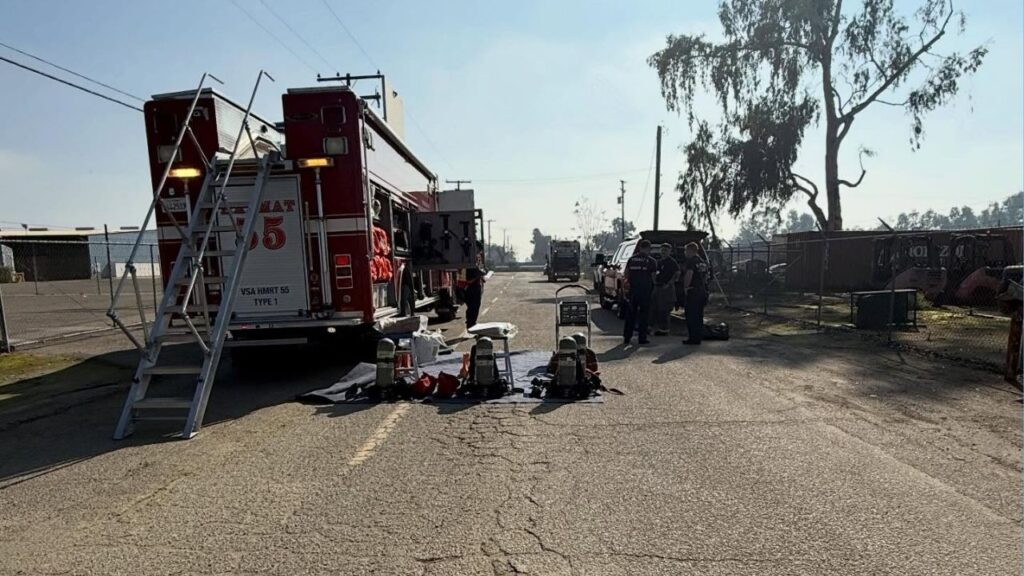Share
SACRAMENTO — Democrats who control California’s Legislature on Monday proposed a $100 billion economic stimulus plan that relies on what they are calling “future tax vouchers” along with speeding up other spending during the coronavirus pandemic.
The state would let taxpayers prepay their taxes for a future budget year at a slight, as yet undetermined, discount. Most of those likely to take advantage of the program would be wealthy enough to make it financially worth their while, said Tim Schaefer, deputy treasurer for public finance.
“It is a work in progress. A lot of it is aspirational and properly so,” Schaefer said.
Ma, in a statement, praised lawmakers for considering “creative, out of the box solutions” to aid the state’s economic recovery.
Lawmakers announced their plan as the Legislature begins a five-week sprint to its Aug. 31 adjournment after having abandoned most of this year’s legislative session for fear of spreading the virus.
Sen. Bob Hertzberg of Van Nuys, one of the lead proponents, said taxpayers could prepay their taxes for 2024 under the proposal, giving the state “a three-year runway to get back on our feet” in anticipation that the economy will improve enough by then to allow the state to absorb the loss in future revenue.
But a key state employees’ union criticized the budget “chicanery.”
The Plan Also Calls for More Quickly Spending Money From General Obligation Bonds
Bob Schoonover, president of SEIU California and SEIU Local 721, said in a statement that the proposal would borrow “from future generations without demanding that today’s billionaires and powerful corporations step up and contribute.”
Assembly Budget Committee chairman Phil Ting of San Francisco equated the vouchers to coupons that taxpayers could use later or sell.
“I think we could sell as few or as much as there is an interest in. Obviously we would have to juggle that with future revenue needs,” Ting said.
The plan does not include any new taxes, but would speed up spending from California’s gasoline tax, passed as part of a 2017 law designed to raise about $5 billion a year for road and mass transit programs.
Collecting telecommunication fees early would help pay for expanded broadband connections. Lawmakers said that would help schools provide distance learning to pupils, most of whom will be taking classes from home this fall, and aid workers telecommuting to avoid potentially infectious workplaces.
The plan also calls for more quickly spending money from general obligation bonds that have already been approved and from money generated by the state’s cap and trade program to reduce pollution.
Lawmakers said they are acting in part because of uncertainty over whether any more stimulus money or other aid will be approved by Congress and President Donald Trump. But their plan relies in part on the Trump administration approving additional borrowing from the federal government to bolster state unemployment insurance programs.
Ting said that part of the plan may be contingent on whether Congress extends an extra $600 per week in unemployment benefits that expire Friday, or if state lawmakers agree to replace part of the $600.
Democrats Said Their Goal Is to Spur Jobs While Aiding Small Businesses
Lawmakers have “rough estimates” of what each component of the plan could raise, Ting said, but are reluctant to provide them while they negotiate with Gov. Gavin Newsom.
“Putting numbers out doesn’t really mean anything unless there’s interest on the governor’s end to have a more thorough discussion,” Ting said.
Newsom, a fellow Democrat, said he hadn’t yet seen the plan and would “be remiss to comment until I have a chance to review the details.”
Senate Republicans said in a statement that some of the broad proposals may sound appealing, but also cautioned that “the devil is always in the details.”
Democrats said their goal is to spur jobs while aiding small businesses, particularly those that are owned by women or racial minorities.
They offered few specifics, but said that could include expanding small business tax breaks, shielding small businesses from increased unemployment insurance costs, or encouraging more manufacturing of protective equipment needed during the pandemic.
Other efforts could include expanding low-income tax credits, encouraging more affordable housing, or protecting struggling renters and landlords, the lawmakers said.
RELATED TOPICS:
Categories


















